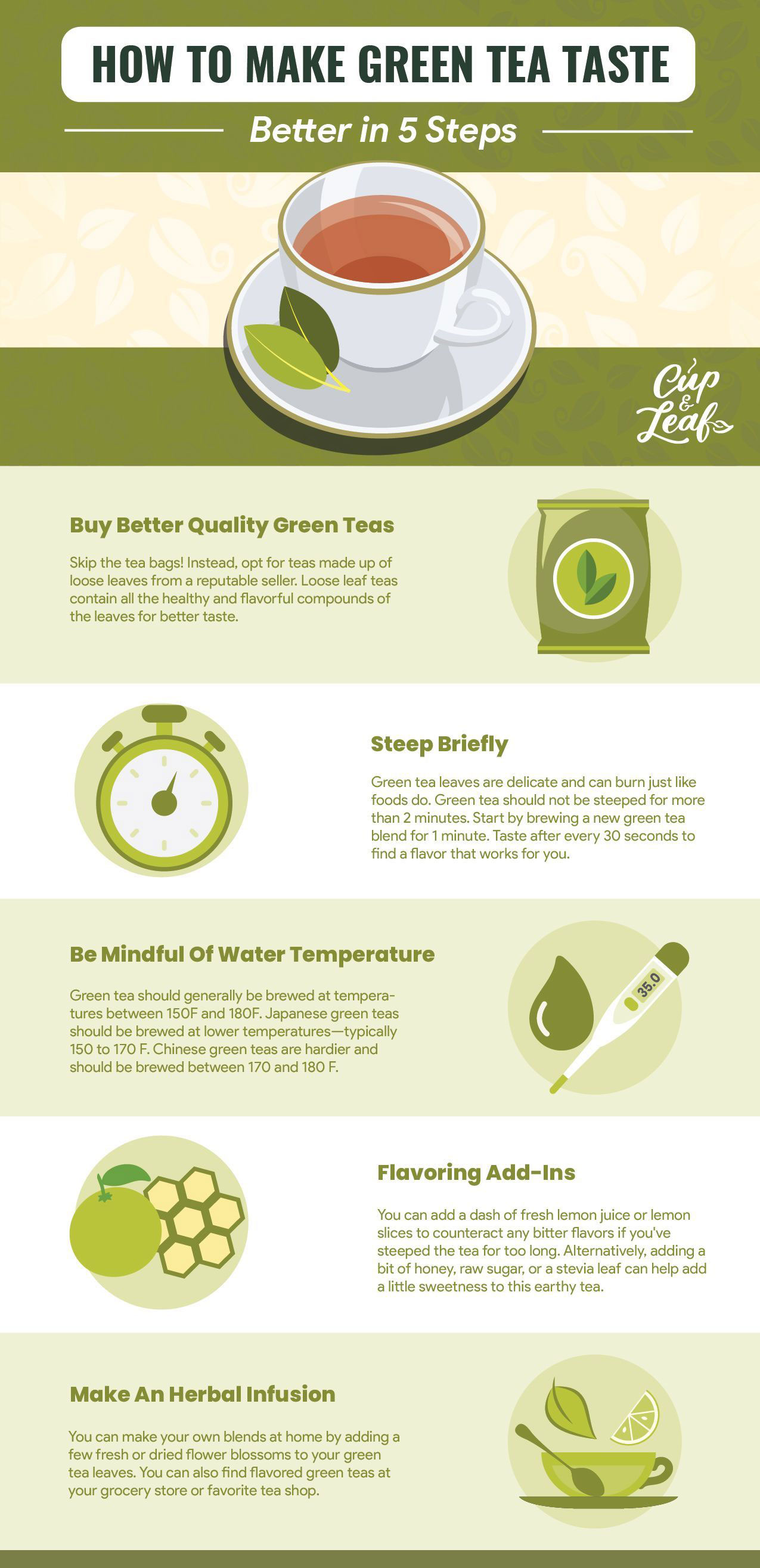A catechin in green tea called EGCG has thermogenic properties and promotes fat oxidation. A catechin is a phytochemical compound. EGCG (epigallocatechin gallate) extract is also available as a dietary supplement. Thermogenesis is the process by which the body promotes energy expenditure. All foods have some thermogenic effect as the body uses energy for processing food. But not all foods have the same thermogenic effect. Protein has the highest thermogenic effect.
Dietary fat has little thermogenic effect, and carbohydrates have medium thermogenic effect. By increasing thermogenesis, energy expenditure increases and fat cells are then used as energy. Green tea helps with the reduction of fat tissue through the increased fat oxidation and thermogenesis that it promotes. This will improve the ratio of muscle tissue to fat, which in turn promotes an increased metabolism and more burning of fat.
Research has proven that green tea possesses thermogenic properties. Supplementing with a green tea extract 3 times daily resulted in a significant increase in 24 hour energy expenditure.[1] It also promoted fat oxidation over and above that explained by the caffeine content by itself. These thermogenic properties of EGCG provide a small but significant benefit of green tea for weight loss.
In one study, 60 obese people supplementing their daily diets with green tea experienced weight loss of 2.70, 5.10, and 3.3 kg during the 4th, 8th, and 12th weeks. The study showed that green tea helped obese lose weight people due to higher energy output as well as better fat oxidation.[2]
Another study divided participants with visceral fat-type obesity into two groups. The catechin group ingested a green tea extract that contained 583 mg of catechins each day. The control group ingested 96 mg of catechins . The participants continued to stick to their normal dietary intake as well as usual physical activity. The group ingesting the green tea extract high in catechins experienced a reduction in body fat. This suggests that the ingestion of such an extract contributes to a decrease in obesity.[3]
The results of other research has also concluded that daily intake of green tea containing 690 mg catechins can be useful in the prevention and treatment of obesity.[4]
There is also evidence that EGCG activates AMP-activated protein kinase (AMPK). AMPK plays a key role in the regulation of carbohydrate and fat metabolism.
How to Make Green Tea?
It’s vital to bear in mind that the catechin content of green tea differs. This depends on the area of cultivation and the processing techniques. Below is a chart with estimations of EGCG content in various types of green tea.
The infusion or brewing time is also a significant aspect in final catechin content. A brewing time of less than 5 minutes allows the withdrawal of only 20% of the catechins that would be extracted after an infusion of 8-10 minutes.
A cup of Ti Kuon Yin tea brewed for 2 minutes provides 9mg polyphenols per cup. A cup of gyokuro tea brewed for 10 minutes provides 540mg polyphenols per cup.

Image Source – cupandleaf